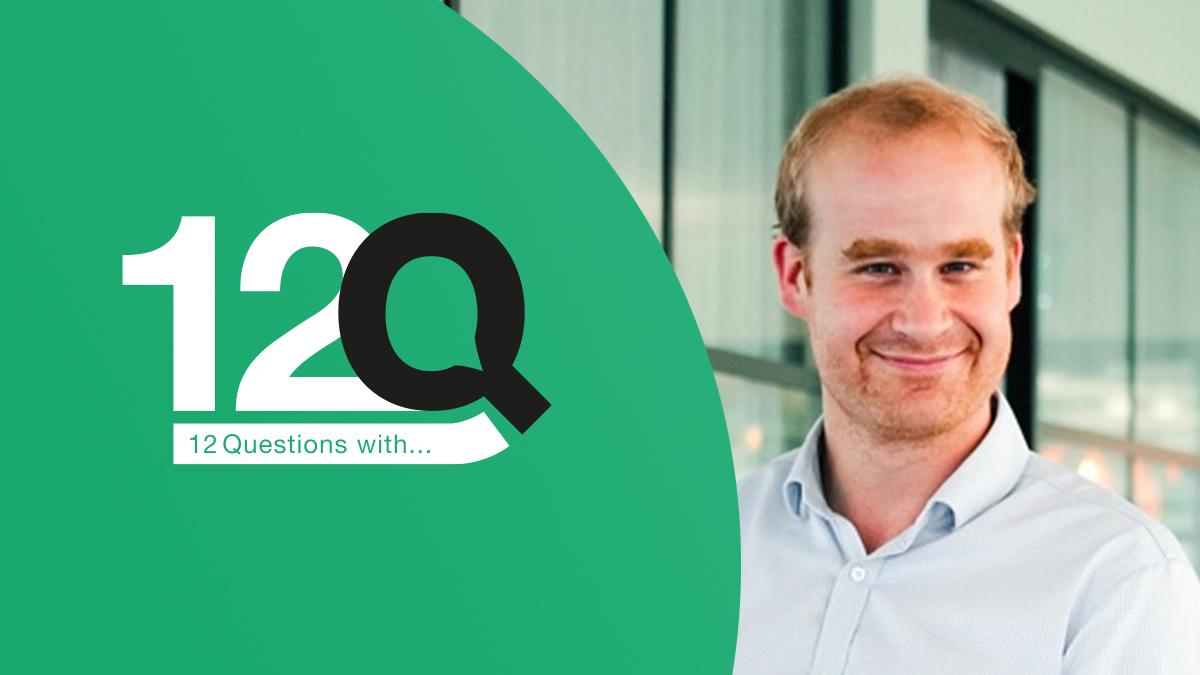Exscientia builds cancer pipeline with two BMS drugs

Prof Andrew Hopkins
UK biotech Exscientia has taken a step towards its goal of having four drug candidates in clinical trials next year, after inheriting two precision oncology candidates that emerged from its longstanding R&D alliance with Bristol-Myers Squibb.
The two new compounds – LSD1 inhibitor EXS74539 and MALT1 protease inhibitor EXS73565 – both hit targets in cancer that have proved challenging for other drug developers, mainly as a result of safety or drug interaction issues.
The pair originated from a partnership between Exscientia and Celgene in 2019, before the company was acquired by BMS.
Like other compounds discovered using the UK firm’s AI platform, they were taken from programme start to lead selection in under two years: less than half the industry average and after testing of hundreds rather than thousands of molecules.
While they met the potency, selectivity, dosing, and safety goals laid out in the original partnership, they were set to one side after BMS and Exscientia expanded their alliance in 2021 to develop multiple compounds across oncology and immunology as a “routine portfolio prioritisation,” according to the UK biotech.
That presented an opportunity for Exscientia: “We are really excited about the potential of ‘539 and ‘565 in a broad range of haematologic and solid tumours,” said the company’s chief executive, Professor Andrew Hopkins, in a briefing with pharmaphorum.
LSD1 inhibition has started to gather momentum as a target in oncology with several candidates in the clinic, particularly for haematological cancers, as the protein is thought to regulate gene expression in bone marrow stem cells. It is found at elevated levels in a number of blood cancers and solid tumour types.
Merck & Co made a sizeable investment in the category last year when it licensed Imago Biosciences’ phase 3-ready candidate bomedemstat in a deal valued at $1.4 billion, giving it a lead in the category ahead of a clutch of drugs in early- to mid-stage clinical testing.
That includes Oryzon Genomics’ ladademstat and Jubilant Therapeutics’ JB-802, as well as BMS’ pulrodemstat - an LSD1 inhibitor inherited with its Celgene acquisition.
Some clinical candidates have fallen by the wayside however, including GSK’s GSK2879552, which was abandoned as a leukaemia therapy in 2019 on risk to benefit grounds.
According to Exscientia, its ‘539 compound has qualities that differentiate it from its rivals. Other molecules currently in development either irreversibly deactivate LSD1 – which can contribute to safety risks – or are reversible inhibitors with little to no penetration into the central nervous system, so can’t address brain metastases that can occur in advanced cancers.
The biotech deliberately designed the molecule with a short half-life in order to allow greater control of the extent and duration of its action, which could “maximise its therapeutic window,” said Prof Hopkins. No safety concerns have been observed in preclinical studies conducted to date.
He sees a broad opportunity for the candidate, and will be exploring “similar indications” to competitors in the LSD1 category – that could include myeloproliferative neoplasms, like essential thrombocythemia and myelofibrosis, as well as leukaemias, and solid tumours.
The MALT1 inhibitor, meanwhile, was also designed to overcome the limitations of rival drugs in the class, particularly a potential safety risk identified with other MALT1 scaffolds that might lead to drug-drug interactions.
That could limit the use of these agents in combination, and Exscientia is anticipating that its ‘565 compound will be initially explored as a therapy for B cell lymphomas in combination with BTK and BCL-2 inhibitors, which are already widely used for this type of cancer.
Other companies that have taken MALT1-targeting drugs into clinical trials for cancer include Johnson & Johnson, Monopteros Therapeutics, and Schrödinger, with all those programmes still in early development.
“With three existing clinical programmes already in the pipeline, we feel very confident we will meet our goal of four clinical stage compounds in 2024,” said Prof Hopkins. “Over the course of 2023, we expect to provide more details on these programmes, as well as on our broader internal and partnered pipeline.”
Exscientia’s current clinical-stage pipeline consists of CDK7 inhibitor GTAEXS-617, which is co-owned with GT Apeiron, Evotec-partnered A2A receptor antagonist EXS-21546, and BMS-partnered PKC-theta inhibitor EXS4318.












